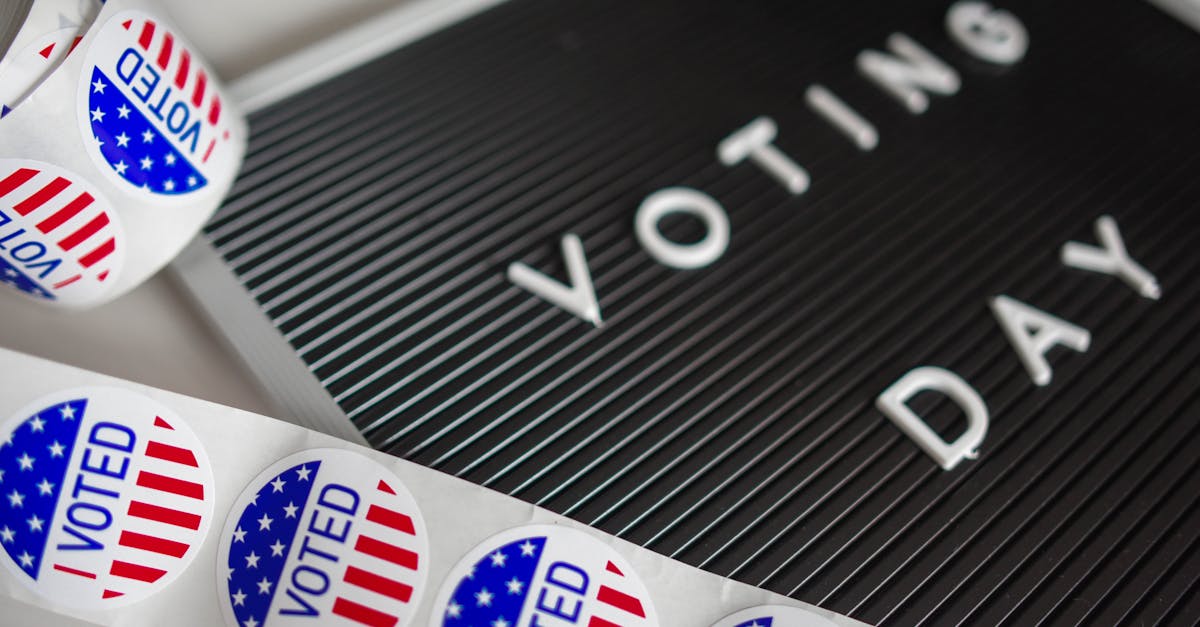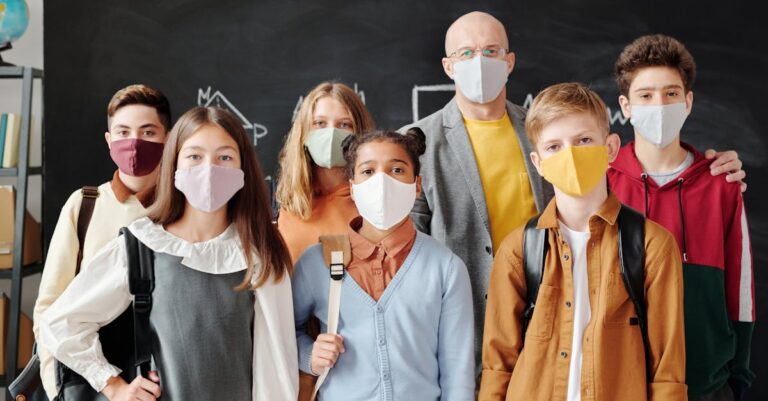
In the realm of education, teachers hold significant influence over students, shaping their perspectives and knowledge. However, what happens when the books they choose to incorporate into their teaching are deemed controversial or inappropriate? Book bans have been a hotly debated topic in Nassau County and beyond, illustrating the intersection of politics, local governance, and the dissemination of information.
The Power of Education in Politics
Education is inherently political, as it plays a crucial role in shaping the values and beliefs of future generations. Teachers are at the forefront of this process, utilizing literature to provoke critical thinking and awareness. However, the content of these books can sometimes spark controversy, leading to calls for bans or restrictions.
In recent years, Nassau County has witnessed debates over various books deemed to be inappropriate by certain individuals or groups. These challenges often stem from ideological differences, with some arguing that certain texts promote values or ideas they find objectionable. Such debates highlight the clash between freedom of expression and the desire to shield individuals, particularly children, from potentially harmful content.
Local Decision-Making and its Impact
Book bans are typically initiated at the local level, with school boards, administrators, and community members shaping the discussions and decisions. In Nassau County, these debates can reflect the diverse perspectives and values present within the community. While some advocate for the preservation of intellectual freedom and diversity of thought, others prioritize the protection of societal norms and moral values.
Local authorities in Nassau County must navigate these complexities, considering legal frameworks, community standards, and educational objectives. The decision to ban or restrict a book often entails weighing the perceived benefits of the text against its potential negative impacts. This process requires careful deliberation and engagement with various stakeholders, including teachers, parents, students, and advocacy groups.
Navigating the Statistics of Book Bans
Understanding the statistics surrounding book bans can shed light on the broader implications of these decisions. Research indicates that book challenges and bans remain prevalent in educational settings across the country, with certain genres and themes frequently targeted. By examining these trends, policymakers and educators can better grasp the underlying motivations and dynamics fueling book bans.
In Nassau County, tracking and analyzing data related to book challenges can inform future policies and practices. By identifying patterns and outcomes associated with these incidents, local authorities can develop strategies to address contentious issues and promote a balanced approach to educational content.
Moving Forward: Balancing Perspectives and Values
As Nassau County continues to grapple with the politics of book bans, fostering open dialogue and respectful discourse is essential. Educators, policymakers, and community members must engage in constructive conversations that acknowledge diverse viewpoints and uphold the principles of academic freedom.
Ultimately, the decisions surrounding book bans in Nassau County reflect broader societal tensions and values. By approaching these debates with empathy, critical thinking, and a commitment to open-mindedness, we can navigate the complexities of educational censorship while fostering a culture of intellectual inquiry and growth.
In conclusion, the politics of book bans in Nassau County underscore the intricate interplay between education, governance, and societal values. By examining these challenges through a multidimensional lens, we can cultivate a more informed and inclusive approach to navigating controversial literature in educational settings.








WOWZA, all this talk about book bans and stuff has got my brain doing somersaults! I mean, who woulda thunk that books could cause so much drama, right? But hey, I guess it’s important to think about what we’re reading and how it shapes our minds and all that jazz. So maybe we should all just chill, read a book (hopefully not
Wow, because banning books is definitely the best way to promote critical thinking and awareness among students, right? Let’s just shield
Hey y’all, so this whole book ban situation in Nassau County got me thinking, you
Oh great, here we go again with the whole book banning saga. Because clearly, restricting access to certain literature is the best way to promote critical thinking and awareness, right? Who needs intellectual freedom when we can just shield everyone from any potentially harmful content and live in our
Education is super important and teachers are like really influential on students. But like, what happens when the books they pick are
Y’all need to stop banning books just ’cause you don’t agree with ’em! Education is s’posed to expand minds and perspectives, not limit ’em. How are students ‘sposed to learn ’bout the world if you keep shieldin’ ’em
This blog post raises important points about the complexities surrounding book bans in education, particularly in Nassau County. The intersection of politics, governance, and the dissemination of information is crucial to understanding the challenges faced by educators when selecting literature for their students. It’s evident that the power of education extends beyond the classroom, influencing societal values and beliefs.
The debates over book bans highlight the delicate balance between freedom of expression
Oh man, it’s like, so sad to think about how book bans can like, limit our knowledge and stuff. Teachers should totally be able to, like, share all sorts of books with us so we can learn and grow, you know? It’s not cool when people try to shut down ideas and
Hey y’all, so like, books are cool and all, but when they start causing drama
OMG WOW, education is sooo important, like teachers are like superheroes shaping our minds and stuff. But like, what if the books they pick are, like
WOW, so teachers can’t even pick books now without everyone getting all up in arms about it? Like, come on people, let the kids learn and think for themselves! Education is supposed to challenge perspectives and open minds, not shield everyone from different ideas. Book bans are just ridiculous – why not have discussions instead of shutting down information? We gotta trust teachers to do their job without so much interference. Let’s
Yo, this whole book banning thing in Nassau County is cray cray, right? Like, teachers trying to teach their students stuff and then boom, next thing you know, some peeps are like “nah, that book’s too controversial!” It’s like a whole drama unfolding in the world
The discussion around book bans in Nassau County is a complex one, highlighting the significant influence that teachers have in shaping students’ perspectives through the literature they choose. These debates showcase the intersection of politics, local governance, and the dissemination of information in the realm of education.
Education is a powerful tool in shaping the values and beliefs of future generations, with teachers playing a crucial role
Well, if they start banning all the controversial books, pretty soon we’ll be left with nothing but “See Spot Run” and “Goodnight Moon”! Let’s keep the weird and wild books around for some spicy reading material, I say!
Woah, talk about a hot topic! Book bans in Nassau County are
I can’t believe people wanna ban books just coz they don’t like em! Like come on, let kids read and think for themselves! Who decides what’s “inappropriate” anyway? We need to have more open discussions and respect differences in opinions. Books can make us think and grow, so why prevent that? Let’s keep the education
Yeah man, education is super important! Teachers gotta pick good books for students, but some folks get all mad about it and want to ban stuff. Like, freedom of expression, ya know? We gotta balance that with keeping things appropriate for kids. It’s all about respecting different viewpoints and stuff. In Nassau County, they gotta figure out how
wow, so now books are the enemy huh? can’t wait for the list of approved reading materials to come out so we can all stay safe from those dangerous ideas and diverse perspectives. who needs critical thinking and intellectual growth
OMG, like, why are people always trying to ban books? Books are like, knowledge and stuff! We should be, like, reading all the books and learning all the things, you know? Who cares if some people find them
Ha! Imagine if they banned all the books and just had us read the back of cereal boxes instead. But seriously